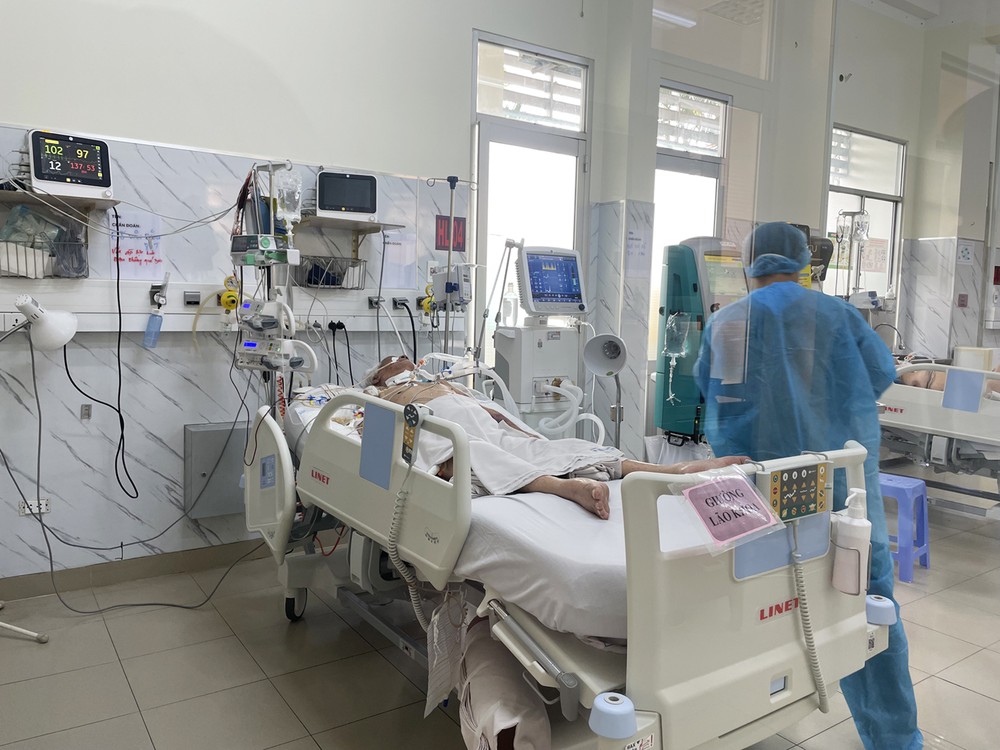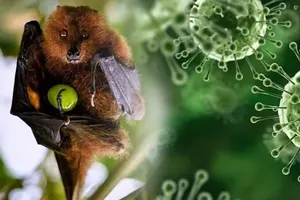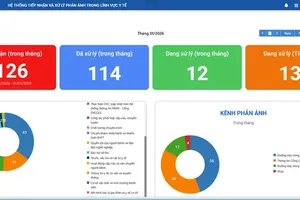The city plan's goal is to proactively implement measures to control and limit the spread of dengue fever, hand, foot and mouth disease, Covid-19 disease, and other illnesses common during the rainy and stormy season.

The peak month for disease prevention is being implemented now until July 31. Key activities include strengthening the disease surveillance system, preventing dengue fever outbreaks, and curbing the spread of hand, foot and mouth disease in schools and communities. Efforts will also focus on preventing Covid-19 and protecting high-risk groups, with the aim of declaring an end to the measles epidemic across the city and boosting public communication.
The number of Covid-19 infections in Ho Chi Minh City tends to decrease rapidly. The Ho Chi Minh City Department of Health said that through the infectious disease surveillance system, in week 23, the southern largest city recorded 69 Covid-19 cases, higher compared to the number during week 24 (June 9-15) with a total of 32 cases reported. This included 14 inpatients and 18 outpatients, marking a 66 percent decrease compared to the peak of 94 cases recorded in week 22.
This is considered a positive signal, showing that Ho Chi Minh City is gradually effectively controlling the new wave of the epidemic after the increase from mid-April to the end of May. Although the number of Covid-19 cases is decreasing, the health sector remains vigilant in its efforts for epidemic prevention, as the potential for severe complications and fatalities persists, particularly among individuals in the groups with high risks.
Recently, the city has reported fatalities related to Covid-19 in two patients suffering from multiple chronic underlying conditions.
The Ho Chi Minh City Department of Health advises the public to remain calm while also not being complacent regarding the epidemic. Adhering to the Ministry of Health's guidelines on disease prevention and control remains crucial for safeguarding public health, particularly given the ongoing presence of the NB.1.8.1 variant, about which there is limited scientific information concerning its virulence and transmission rate.
The Ho Chi Minh City Department of Health is instructing medical facilities to enhance monitoring efforts, ensure early identification of Covid-19 cases and emerging variants, and prepare for potential scenarios while ensuring the admission and treatment of patients.
The Ho Chi Minh City Center for Disease Control (HCDC) is collaborating closely with hospitals and the Oxford University Clinical Research Unit (OUCRU) to continue gene sequencing of new cases, aiming to evaluate the transmission trends of the NB.1.8.1 variant in Ho Chi Minh City, as well as the likelihood of other variants emerging in the near future.
























